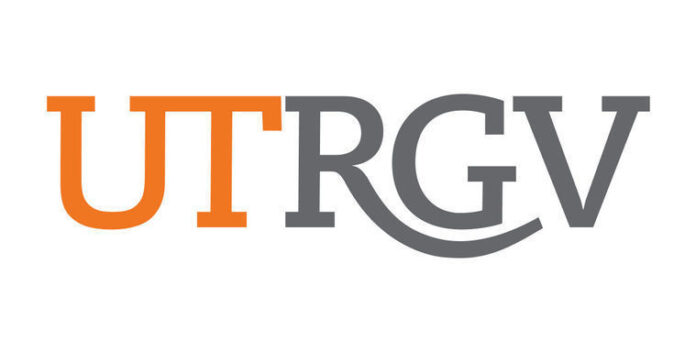WESLACO — Construction on the long-awaited Center for Innovation and Commercialization aimed at helping startup businesses in the Mid-Valley is moving forward after being postponed for half a year.
The center, which will act as a business incubator, is being created as a partnership between University of Texas Rio Grande Valley, the city of Weslaco and its Economic Development Corporation, which signed a memorandum of understanding in January 2017.
The UT Board of Regents approved the project early last year, but after several delays, construction started at the end of 2017. The center is expected to be fully functioning by August 2018.
“Since there’s already a shell, it’s not going t be a year or two-year project,” said Rick Anderson, executive vice president of finance at UTRGV. “It was essentially delayed by a semester. … Now the plans are finalized and construction is underway.”
UTRGV officials originally estimated moving in by January 2018. But part of the delay was due to the expansion of the space to house the doctoral program and the accidental death of the project’s main architect in 2017, he said.
The entities are utilizing an existing building located at 275 S. Kansas Ave. UTRGV officials expect to move in by the beginning of August and plan to open the center’s doors by Aug. 15.
The now approximately $4 million project involves the remodeling of an existing building that will provide roughly 22,000 square feet of workspace, including shared office space that will be leased to members, as well as classrooms and conference rooms.
Part of the changes from the original plans, which started with a roughly 16,000-square-foot space at an estimated cost of about $2.4 million, was to add a second story where the university will house its Ph.D. business program, with classrooms and workspace specifically for students.
The idea is to have a physical location where students and staff from the UTRGV business college will guide entrepreneurs in the creation of their business, a program that has been underway for three years.
“We would have a physical space for a new venture that needs that space, and we hope that by having a number of them together they will be supportive of themselves and each other,” said Mark Kroll, dean of the UTRGV’s Robert V. Vackar College of Business and Entrepreneurship. “We also want to bring in folks to help, such as mentors. … We’ll have some makerspace technology, for instance 3-D printers and 3-D scanners.”
Costs for the project are mainly being covered by the Weslaco EDC, Anderson explained, and through a $1.4 million grant by the U.S. Economic Development Agency.
UTRGV will cover furniture and technology equipment costs, and once the final cost of the project is completed, the parties will negotiate a lease toward the end of the project.
“The arrangement will be a long-term lease,” Anderson said. “The initial lease period will be 10 years and the rent rate will be determined based on the final cost and some of the other cost factors.”
The university expects to spend between $700,000 to $1 million in furniture, fixtures and equipment, he said, including the added space for Ph.D. students and staff.
The leasable first-floor incubator space will consist of 15,660 square feet and will include 3,424 square feet of open space, 1,204 square feet of work or meeting space, a maker room, close to 20 offices, and four classrooms.
The second floor dedicated to the doctoral program will be 5,914 square feet and will include a reception area, two large seminar rooms, 12 offices for students and staff and a shared student work room.
“I’ve met with the architects who are selecting the furniture and fixtures and we are moving forward with that,” said Laurie Simmons, director of the Center for Innovation and Commercialization. “There’s a lot going on behind the scenes.”
Part of the decision to house the Ph.D. program in the new Weslaco location had to do with providing students from UTRGV’s two main campuses — Brownsville and Edinburg — with a central location, Simmons said.
“Currently the Ph.D. program is on the Edinburg campus,” she said. “So Brownsville students in the program would have to go to Edinburg. … So it just makes sense that it’s a centralized area.”
When it comes to leasing the incubator space, Simmons said the plan is to come up with rates and begin advertising by the end of April.
“In the co-working space it will be membership based,” Simmons said. “You’ll be able to use the facility, have access to the conference rooms, launch, kitchen, shared workspace… (the fee) will be competitive to what other co-working spaces are doing in the Valley.”





